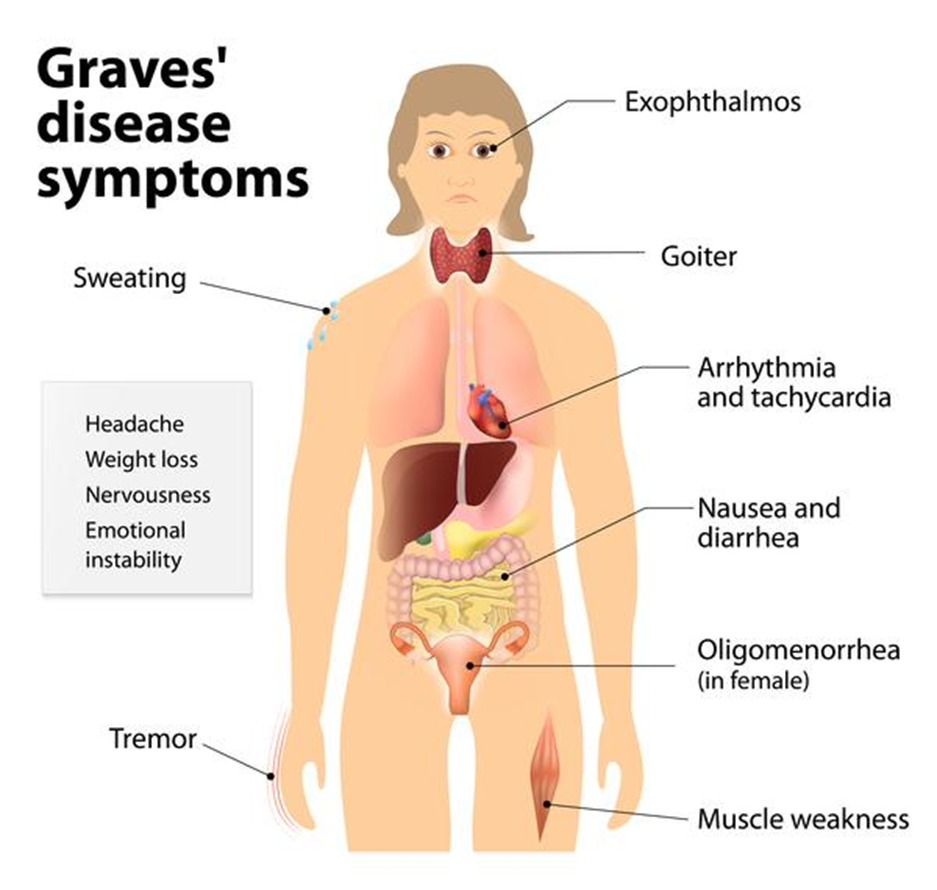The nurse is providing home-care instructions to a mother of a 12-month-old infant with mild diarrhea. Which would the nurse instruct the mother to do?
Bottle-feed with diluted fruit juice.
Discontinue breast-feeding until the diarrhea resolves
Provide an increased intake of water.
Avoid all solid foods.
The Correct Answer is C
A. Bottle-feed with diluted fruit juice:
Incorrect: Diluted fruit juice is not recommended for infants with diarrhea. Fruit juices, even when diluted, may contain sugars that can exacerbate diarrhea. It's important to focus on water or rehydration solutions.
B. Discontinue breast-feeding until the diarrhea resolves:
Incorrect: Breast milk is an essential source of nutrition for infants, and discontinuing breastfeeding is not recommended, even during episodes of mild diarrhea. Breast milk helps maintain hydration and provides essential nutrients.
C. Provide an increased intake of water.
Correct Answer: Maintaining hydration is crucial during episodes of diarrhea. Offering the infant increased water intake helps prevent dehydration. Rehydration solutions specifically designed for infants can also be recommended.
D. Avoid all solid foods:
Incorrect: While avoiding certain solid foods may be recommended in some cases, it's not necessary to completely avoid all solid foods for a 12-month-old with mild diarrhea. The emphasis should be on maintaining hydration and offering easily digestible foods.
Nursing Test Bank
Naxlex Comprehensive Predictor Exams
Related Questions
Correct Answer is B
Explanation
A. "All recently used clothing, bedding, and towels must be washed in hot water."
Incorrect: While washing recently used clothing, bedding, and towels in hot water can help in controlling lice, this statement alone doesn't ensure complete eradication of lice or nits.
B. "My child must be free from nits before returning to school."
Correct Answer: This statement shows an understanding that children should be free from nits (lice eggs) before returning to school. Many schools have "no-nit" policies, requiring that children be free from both live lice and nits before re-entry.
C. "Toys that can't be dry cleaned or washed must be thrown out."
Incorrect: It's not necessary to throw out toys that cannot be cleaned. Lice cannot survive off the scalp for more than a day or two. Items that cannot be washed can be sealed in a plastic bag for two weeks to ensure any potential lice or nits die off.
D. "We will treat all the family members to be on the safe side."
Incorrect: Treating all family members is a common but not strictly necessary practice unless others show symptoms or evidence of head lice. It's recommended to focus treatment on those with live lice or nits.
Correct Answer is A
Explanation
A. Heat intolerance
Explanation:
Graves' disease is an autoimmune disorder that results in hyperthyroidism, meaning there is an overproduction of thyroid hormones. Common symptoms of Graves' disease include heat intolerance, increased sweating, weight loss, palpitations, and anxiety. The hyperactivity of the thyroid gland leads to an increased metabolic rate, causing heat intolerance.
B. Bradycardia
Explanation: Bradycardia (slow heart rate) is not typically associated with Graves' disease. Hyperthyroidism usually leads to an increased heart rate (tachycardia) due to the stimulatory effects of thyroid hormones on the cardiovascular system.
C. Lethargy
Explanation: Lethargy (excessive tiredness or lack of energy) is more commonly associated with hypothyroidism, where there is an insufficient production of thyroid hormones. In Graves' disease, the excess thyroid hormones often lead to symptoms of hyperactivity, not lethargy.
D. Weight gain
Explanation: Weight gain is not a typical finding in Graves' disease. Hyperthyroidism often leads to unintentional weight loss due to increased metabolism and energy expenditure. Weight gain is more commonly associated with hypothyroidism.

Whether you are a student looking to ace your exams or a practicing nurse seeking to enhance your expertise , our nursing education contents will empower you with the confidence and competence to make a difference in the lives of patients and become a respected leader in the healthcare field.
Visit Naxlex, invest in your future and unlock endless possibilities with our unparalleled nursing education contents today
Report Wrong Answer on the Current Question
Do you disagree with the answer? If yes, what is your expected answer? Explain.
Kindly be descriptive with the issue you are facing.
